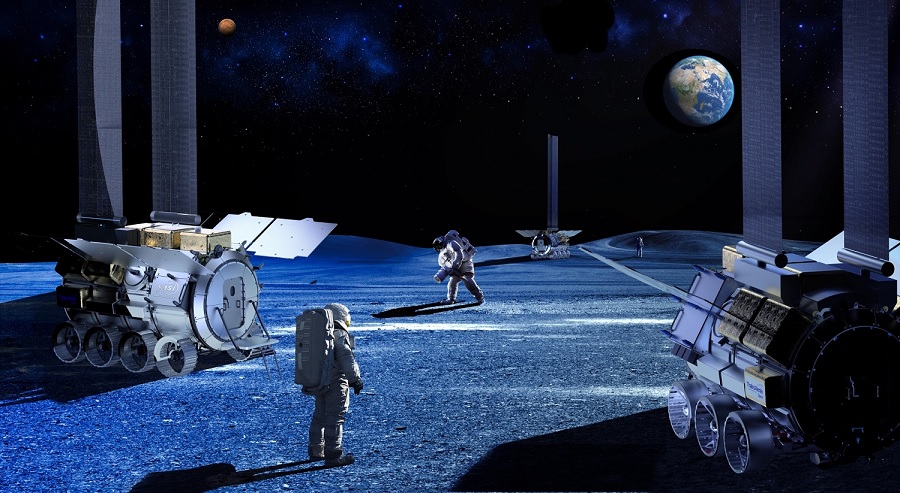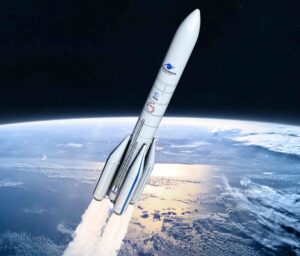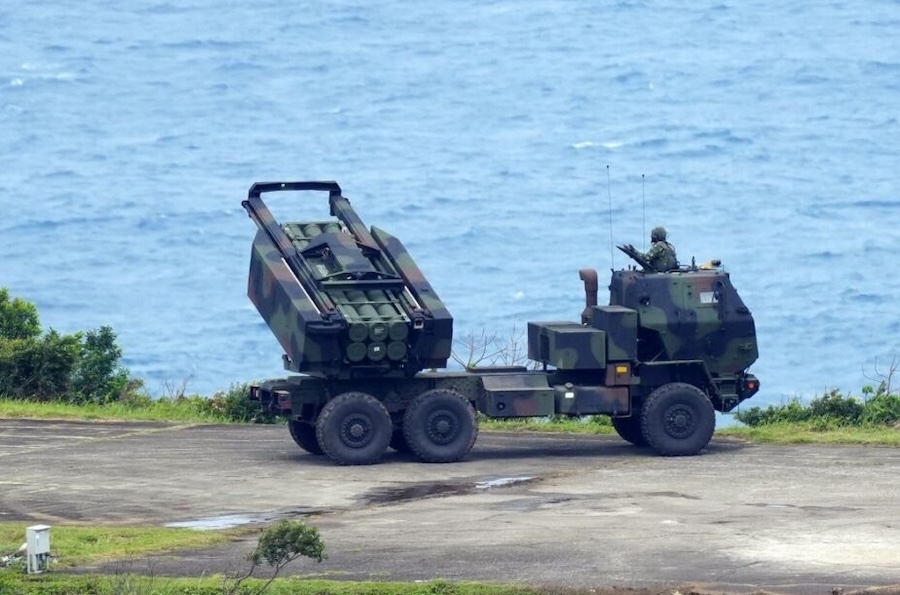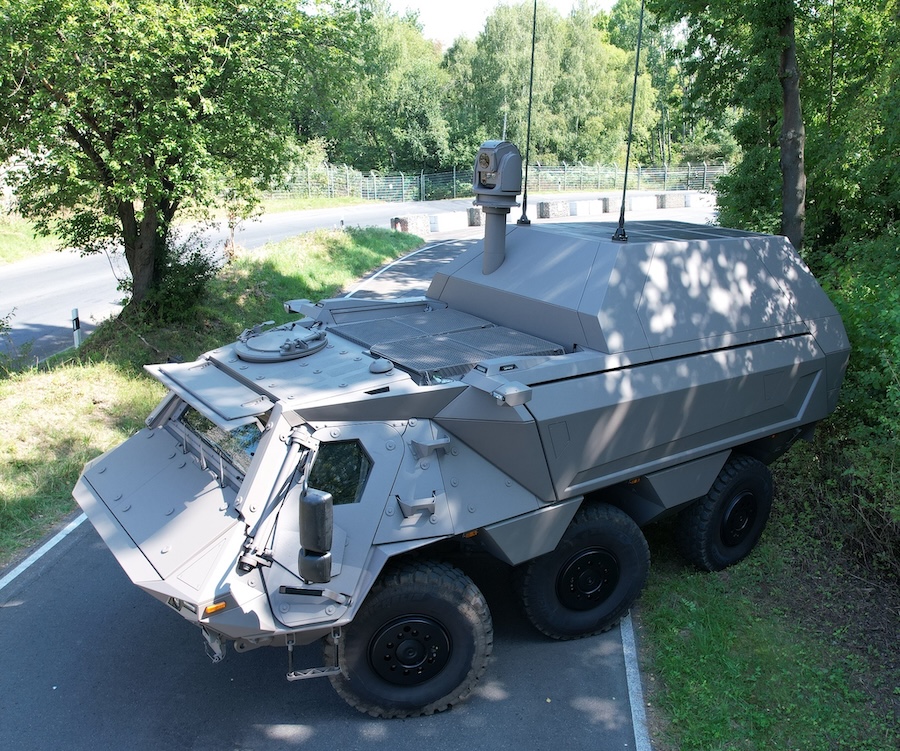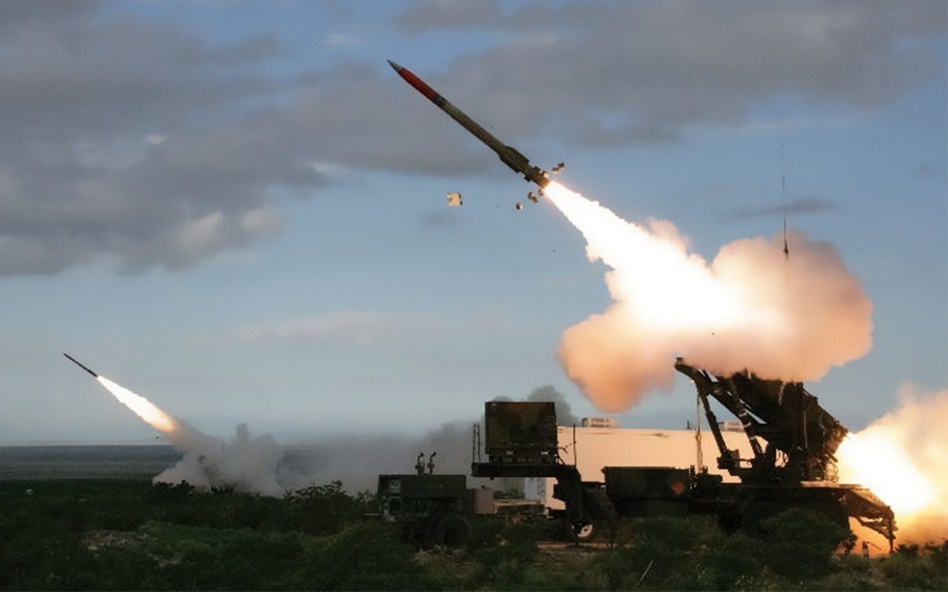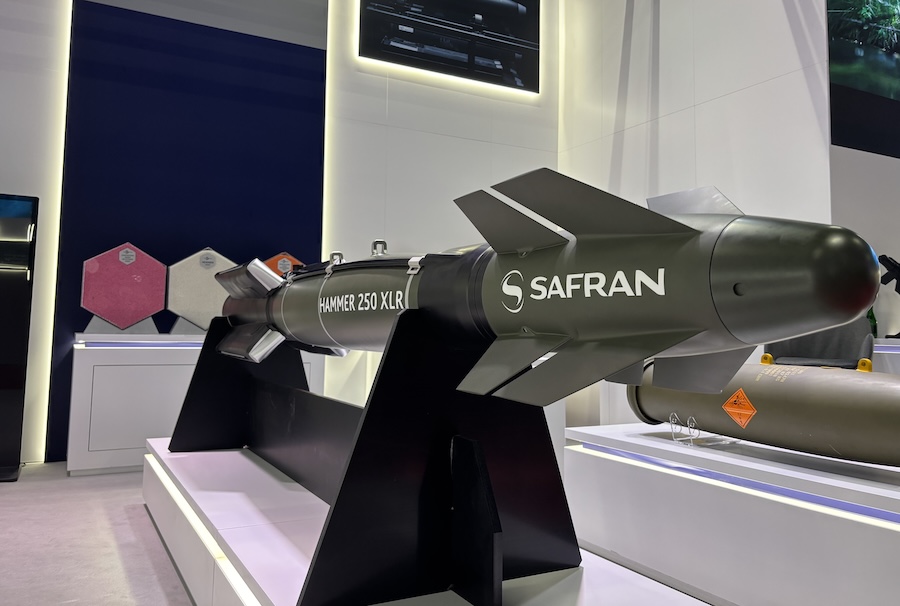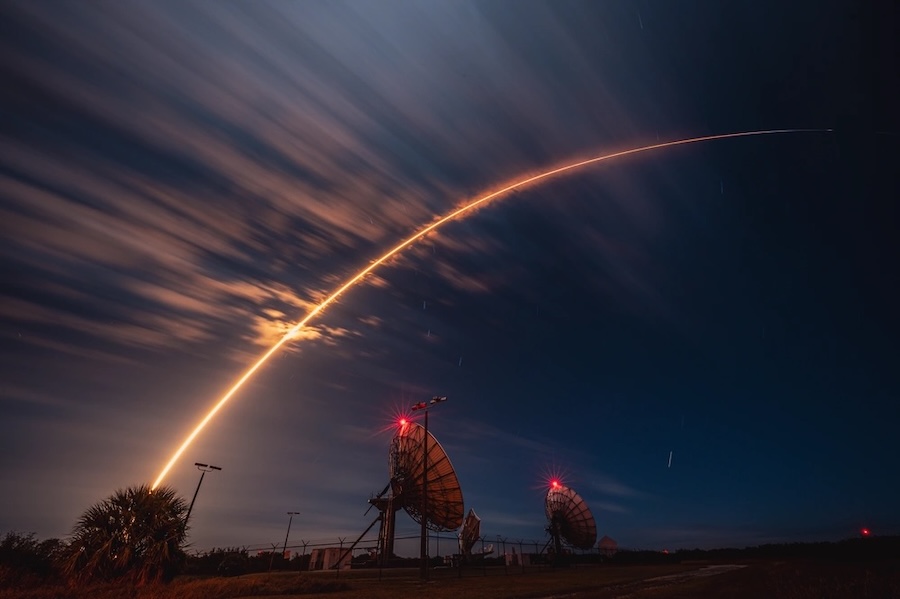Scheduled for launch from NASA’s Kennedy Space Center in 2033, the MPH module will support astronauts in conducting scientific research and habitability testing. It will be capable of operating with or without crew, supporting lunar surface activities and featuring limited mobility.
Over the next two years, Thales Alenia Space Italy will lead the preliminary design phase, working with Altec and other Italian partners. The development will focus on key technologies to withstand extreme lunar conditions, including temperature swings, radiation, micrometeoroids, dust, and reduced gravity.
Teodoro Valente, President of the Italian Space Agency, stated: “MPH represents yet another scientific challenge for Italy and ASI, which are planning to bring a comfortable and safe human settlement to the lunar surface, thanks to the expertise and high, competitive technological standards that Thales Alenia Space Italy has acquired internationally in the field of space habitability.” He added, “The future lunar module… is part of a long-term investment vision that Italy has implemented, enabling us to play an increasingly leading role in the new space race.”
The MPH will be designed to operate for at least 10 years as a permanent element of the Artemis lunar infrastructure. It will also contribute to the broader NASA-ASI collaboration under the Artemis Accords and support future human missions to Mars.
Giampiero Di Paolo, Deputy CEO and Executive Vice President at Thales Alenia Space, said: “We are deeply honored that ASI has entrusted Thales Alenia Space with this contract to develop the MPH, giving us, as a leading European company, the opportunity to drive scientific and technological progress in building the first Italian human outpost on the lunar surface.” He emphasised, “This milestone will further strengthen and advance human space exploration on the Moon and beyond.”
The project underlines Italy’s growing role in space exploration and its commitment to the Space Economy. The contract follows the recent approval of the country’s first “Space Law”, reinforcing national ambitions in the Moon to Mars Strategy.
Source: Thales Alenia Space (press release).


